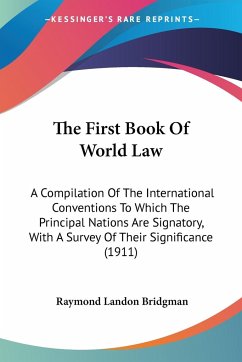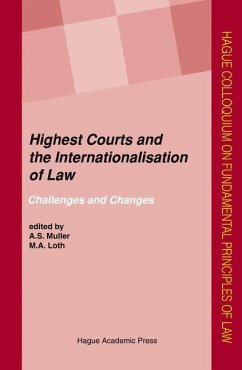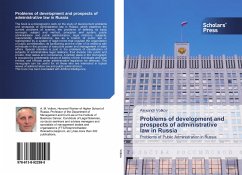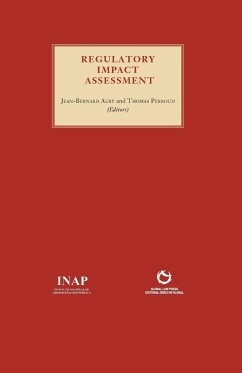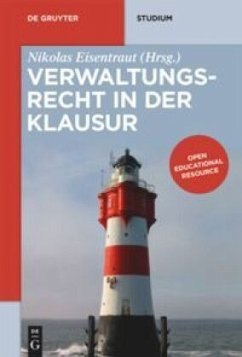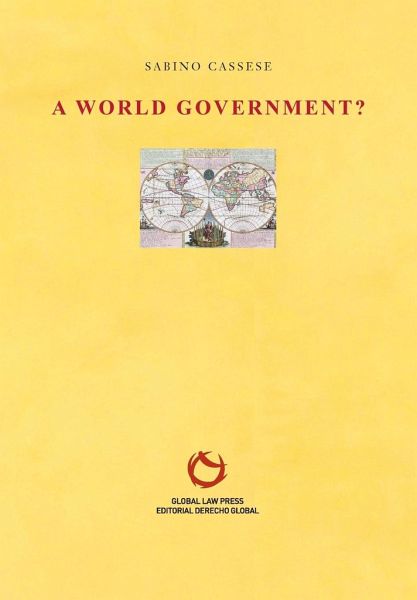
A WORLD GOVERNMENT?
Versandkostenfrei!
Versandfertig in 1-2 Wochen
34,99 €
inkl. MwSt.

PAYBACK Punkte
17 °P sammeln!
There are now many features of a new world order: the circulation of concepts, techniques, rules; the development of global epistemic communities; an increasing mix of national and supranational institutions; the formation of more horizontal links among States, which do not disappear, but rather become accountable to one other; the generalization of common usages and rules. Overall, this is conventionally called globalization. Globalization is the major development in the field of public law in the second half of the twentieth century. It has evolved according to an incremental pattern. First,...
There are now many features of a new world order: the circulation of concepts, techniques, rules; the development of global epistemic communities; an increasing mix of national and supranational institutions; the formation of more horizontal links among States, which do not disappear, but rather become accountable to one other; the generalization of common usages and rules. Overall, this is conventionally called globalization. Globalization is the major development in the field of public law in the second half of the twentieth century. It has evolved according to an incremental pattern. First, it was applied to peace and human rights (the United Nations); then, to areas such as the sea, nuclear waste, health, labor, the environment. Subsequently, it was applied to trade, and, finally, to global terrorism and global crises. The process of globalization has been piecemeal, and globalization has developed through crises and unbalances, by accretion and accumulation.




